TEAM C. MORO
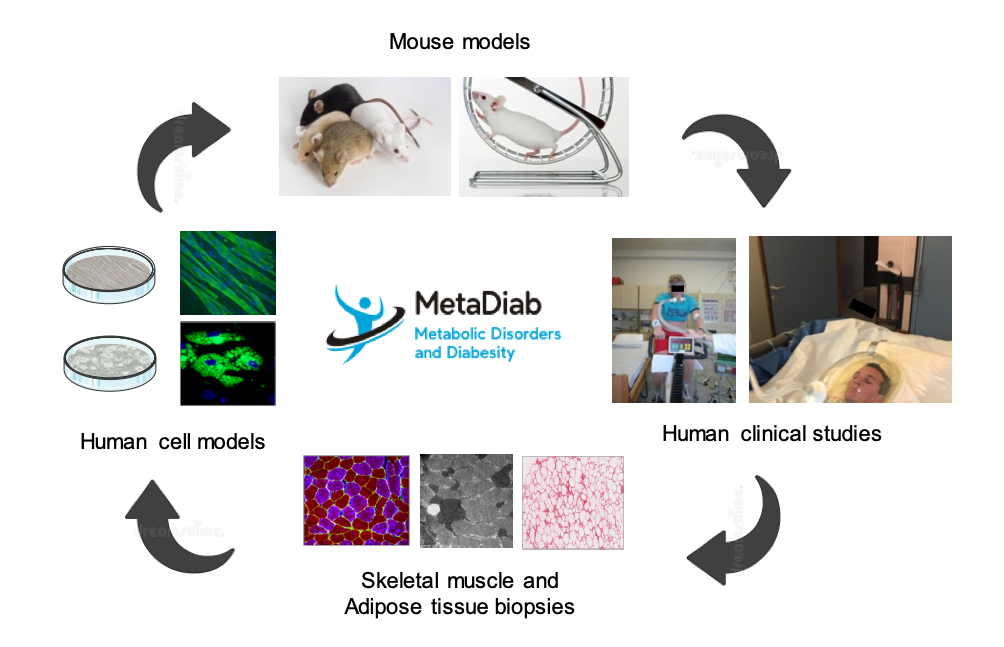
MetaDiab – Pathophysiology of Metabolic Disorders and Diabesity
The team MetaDiab uses a highly translational medicine approach of the study of metabolism combining innovative cell and mouse models to decipher molecular mechanisms of metabolic disorders, and clinical studies in nutrition and exercise with deep phenotypic investigation. The team aims at understanding the biological determinants and molecular mechanisms of metabolic disorders in various pathophysiological contexts (obesity, aging, type 2 diabetes, physical inactivity). Using a highly integrative bedside-to-bench approach, we investigate novel targets and mechanisms in cell and mouse models as well as in humans. Our projects are focused on the underlying mechanisms of insulin resistance, lipid droplet and metabolic dysfunction in skeletal muscle and adipose tissue, as well as their crosstalk in metabolic regulation and diseases.
TEAM MEMBERS

Cédric MORO

Virginie BOURLIER

Dominique LARROUY

Claire LAURENS

Geneviève TAVERNIER

Nathalie VIGUERIE

Sylvie CASPAR-BAUGUIL

Etienne CAVAIGNAC

Isabelle DE GLISEZINSKI

Emilie MONTASTIER

Claire THALAMAS

Laurie FRANCES

Axel LABOUR

Marlène LAC

Benjamin LAIR

Marie-Adeline MARQUES

Laurent MONBRUN

Aline MAIRAL

Claire MASLO

Pascale GRANIER

Corinne CORDONNIER

Lucas FRASSIN

Katerina KOUDELKOVA

Justine THOMAS

Françoise MAUPAS-SCHWALM

Thomas CHAILLOU

Mathieu MARTY

Ugo DARRICARRERE

Jean-Baptiste CHETTOUCHE

Lorenzo COULOUTCHY
Lipotoxicity and muscle dysfunction
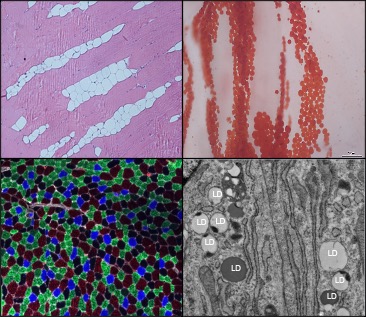
Coordinators : Virginie BOURLIER, Cédric MORO
Obesity, type 2 diabetes, aging and sedentarity are associated with defective lipid metabolism, adipose tissue dysfunction and ectopic lipid deposition in skeletal muscle. We study the role of inter/intra-muscular and intramyocellular lipid droplets dynamics as triggers of metabolic and functional impairments in skeletal muscle.
Metabolic organ crosstalk
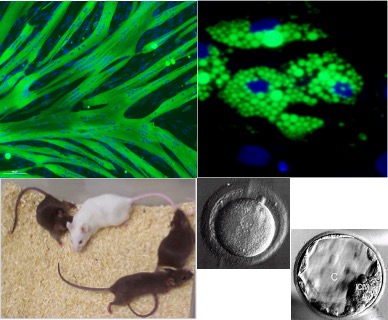
Coordinators : Nathalie VIGUERIE, Sylvie CASPAR-BAUGUIL, Geneviève TAVERNIER, Claire LAURENS, Cédric MORO
The overarching goal of this research program is to elucidate the dynamic interplay between skeletal muscle, adipose tissue and other organs (liver, pancreas) critical for the maintenance of glucose homeostasis and the development of Type 2 Diabetes. DIABKINE project (Occitanie Region/FEDER R&S 2019 – MP0021755 funds): Role of novel exerkines in prevention of metabolic diseases. In this project, we have identified novel exerkines, produced by skeletal muscle contraction, able to mediate some of the beneficial effects of exercice in health via auto-paracrine and endocrine routes such as GDF15 (Laurens et al. JCI Insight 2020).
Translational metabolic research
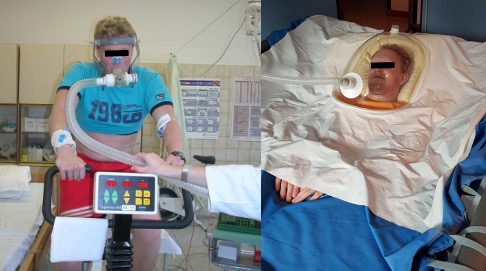
Coordinators : Emilie MONTASTIER, Claire THALAMAS, Claire LAURENS, Dominique LARROUY, Isabelle DE GLISEZINSKI, Isabelle HARANT, Nathalie VIGUERIE, Cédric MORO
- Identify adipose- and muscle-derived circulating biomarkers of type 2 diabetes development and remission after bariatric surgery
- Impact of artificial gravity and exercise as countermeasures to prevent simulated microgravity-induced muscle atrophy and metabolic inflexibility
- Effects of the timing of diet and exercise in the prevention obesity complications.
publications
Identification of circulating apolipoprotein M as a new determinant of insulin sensitivity and relationship with adiponectin.
Common mouse models of chronic kidney disease are not associated with cachexia.
GDF15 is dispensable for the insulin-sensitizing effects of chronic exercise.
Loss of atrial natriuretic peptide signaling causes insulin resistance, mitochondrial dysfunction, and low endurance capacity. Pubmed
FUNDINGS
Equipe Moro
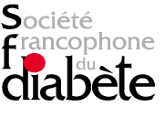

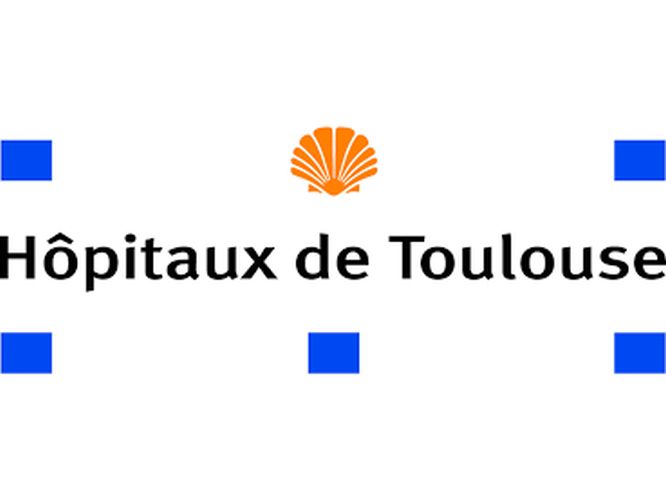



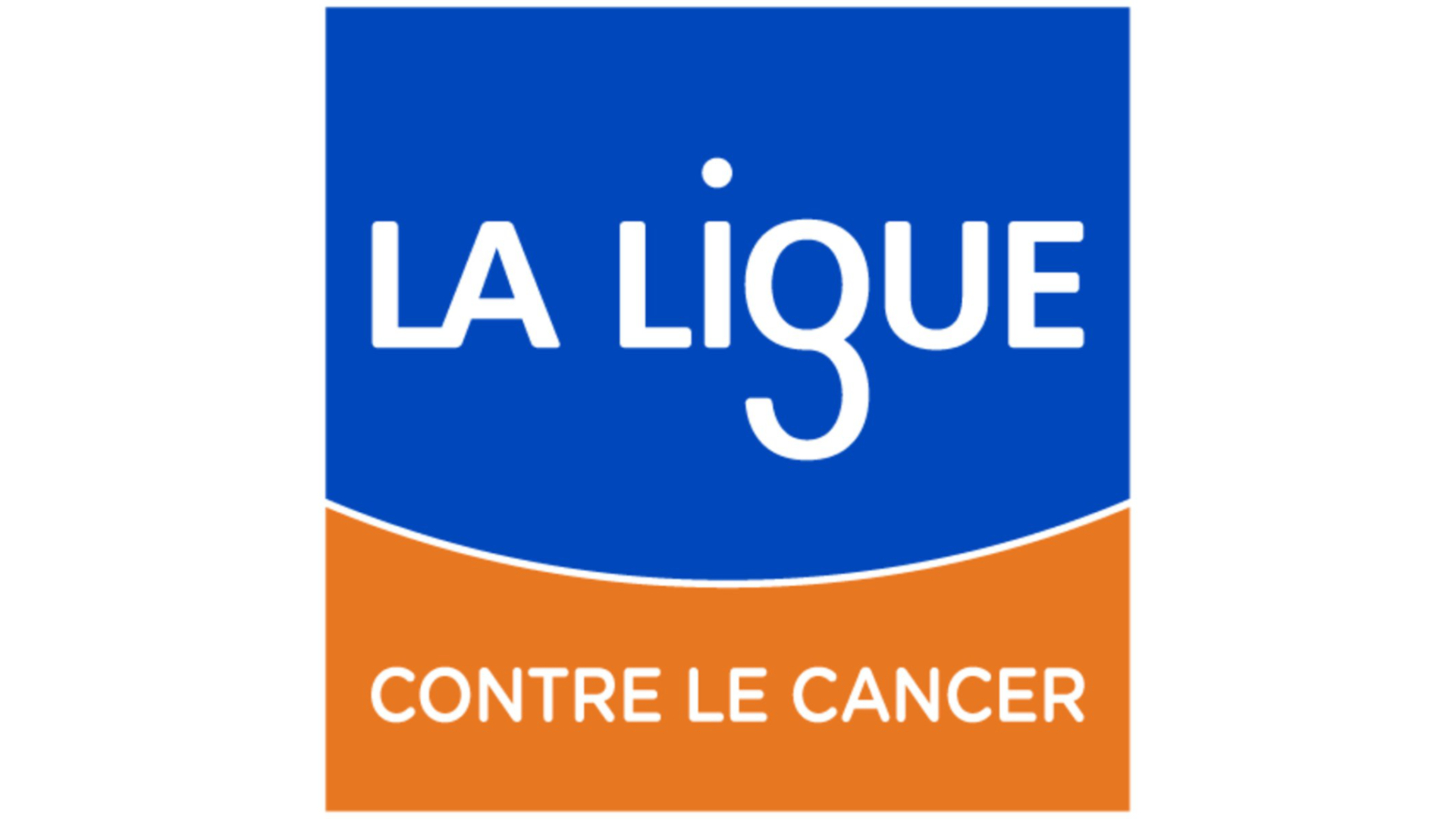
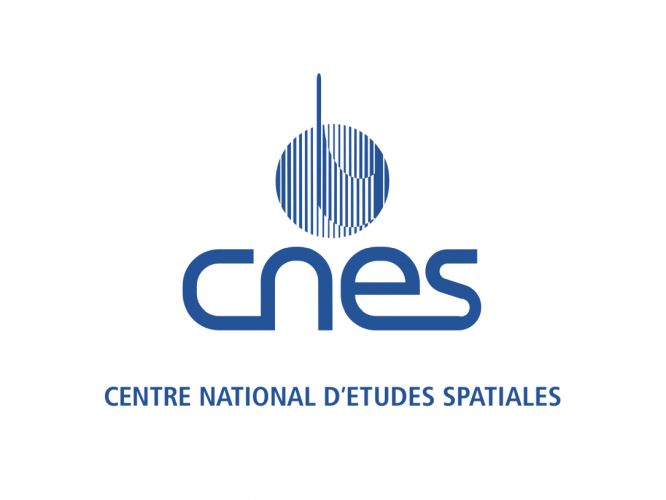

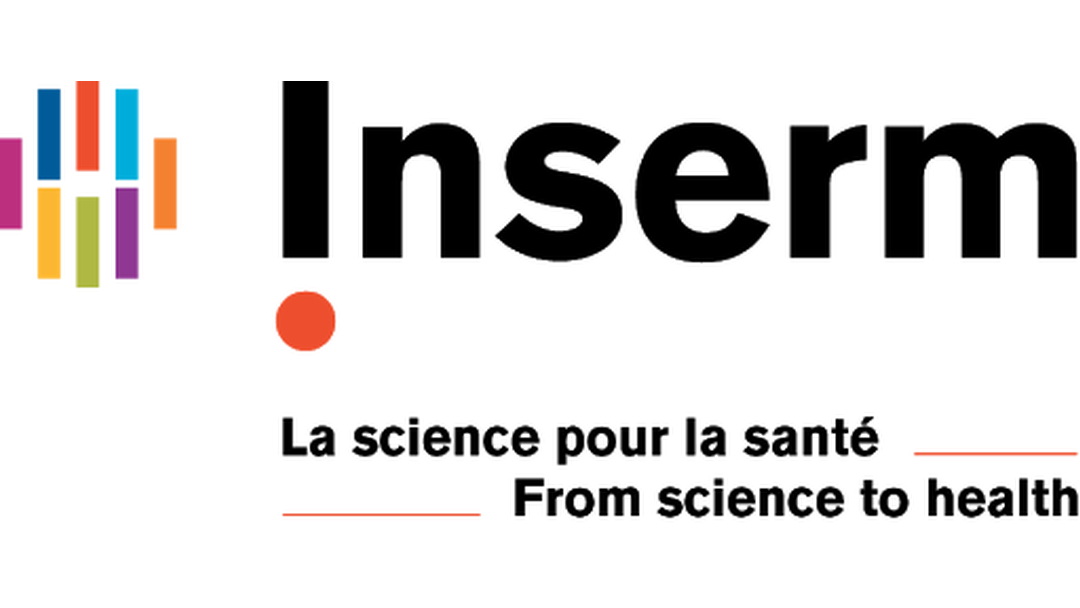







Inserm/UPS UMR 1297 - I2MC Institut des Maladies Métaboliques et Cardiovasculaires
1 avenue Jean Poulhès - BP 84225 - 31432 Toulouse Cedex 4
Tél. : 05 61 32 56 00
Horaires
Du lundi au vendredi
8h30 - 12h30 / 13h45 -16h45